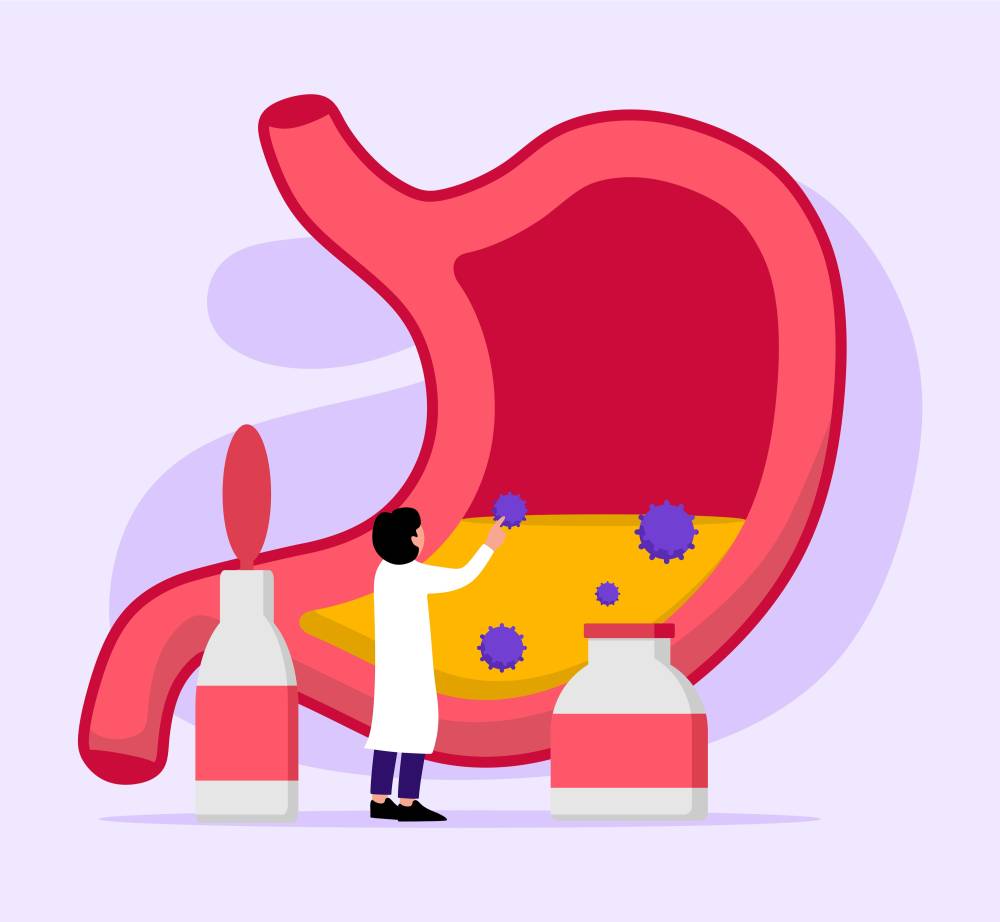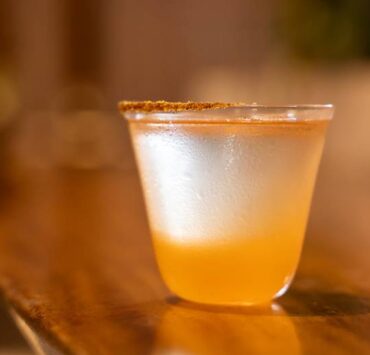Why you shouldn’t underestimate hyperacidity

Be it heartburn after a heavy meal or an unexpected episode of indigestion, everyone’s likely experienced hyperacidity in some shape or form. However, when left unchecked, hyperacidity or acid reflux can develop into gastroesophageal reflux disease (GERD) and cause severe and long-term complications.
A 2023 study by Capstone-Intel reveals that Filipinos are less likely to get medical checkups. Out of 1,205 respondents aged between 18 and 65 years old, 40 percent get checked annually, and 33 percent only ever go to the clinic when unwell. Meanwhile, 15 percent rarely get checkups, while seven percent go every two to three years, and four percent never do.
Considering that hyperacidity typically manifests itself as nothing more than a passable discomfort, in all likelihood, going to the clinic for it isn’t at the top of everyone’s list—all the more so given that Filipinos wouldn’t even get checked for worse.
What is hyperacidity?
Hyperacidity occurs when stomach acid that is meant to stay inside the belly flows upward. Anatomically, for hyperacidity to happen, the corrosive fluid has to pass through the lower esophageal sphincter (LES), which is defined as a valve that typically prevents solids and liquids from going back up.
According to Cleveland Clinic, acid reflux takes place when the LES weakens and allows acid to pass through.
Obesity, which is a factor that could lead to a weakened LES, is said to increase pressure in the abdomen and weaken the muscles supporting the LES. According to the World Obesity Atlas 2025, as of this year, 38 percent of adults in the Philippines are living with a high body mass index (BMI), while 10 percent are already obese.
Smoking also relaxes the LES, slows down digestion, and causes the stomach to produce more acid.
Contrary to popular belief, food and beverages such as chocolates, alcoholic and soft drinks, citrus, as well as oily and spicy food, are not the main causes of hyperacidity. Instead, they can increase stomach acid and worsen an already ongoing attack.
Long-term effects and what you can do
A regular episode will normally subside on its own or with the help of over-the-counter antacids. However, increased incidence can lead to chronic GERD. In such cases, simple medication won’t cut it anymore. Necessitating a complete lifestyle change is a must.
For one, typical-sized meals may put added stress on the stomach. Instead, eat smaller meals throughout the day that digest much quicker and don’t stimulate acid production. Additionally, foods that don’t trigger hyperacidity include steamed vegetables, oatmeal, milk, ginger, and potatoes.
Eat less at night, allow gravity to keep your stomach acid down for longer, and let it subside before lying down. When sleeping, lie down on your left side.
Fashion also plays a part in reducing hyperacidity. Wear loose-fitting clothing to reduce pressure on the abdomen. Losing weight, however, is a proven long-term solution that would help.
Remember: while our bellies can safely contain stomach acid, the rest of our organs don’t have that same inner lining. If left untreated, hyperacidity can cause complications, specifically in the esophagus, throat, and the lungs.
My experience with hyperacidity
A regular cold brew or Americano drinker, a spicy food lover who’d douse most meals in chili oil, an occasional smoker, someone who’s recently gained considerable weight… I fit the bill when it comes to being afflicted with hyperacidity.
I rushed myself to the hospital during my first major hyperacidity attack this year. A simple cup of coffee during the day and a heavy meal for dinner—nothing out of the ordinary—led to chest pain that undoubtedly freaked me out. Apparently, hyperacidity also causes non-cardiac chest pain as the esophagus triggers the same nerves as heart-related pain does.
At least it was only that.
Giving up a few of my favorite food and drinks has been easy, but not one I take seriously. I don’t drink alcohol and coffee as much, nor do I consume spicy food as much as before—but, I’d occasionally order a venti Americano and eat a bag of Takis. But this unfortunate experience—this bad episode of hyperacidity—made me regret not taking acid reflux seriously.
Luckily, I don’t experience it too often for it to officially be considered GERD, but right now, I’d rather not tempt fate. Lesson learned: don’t underestimate hyperacidity, or it’ll be more than just uncomfortable.

















